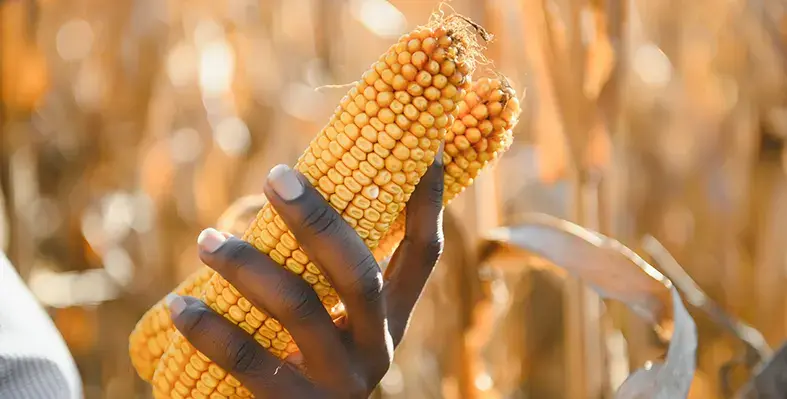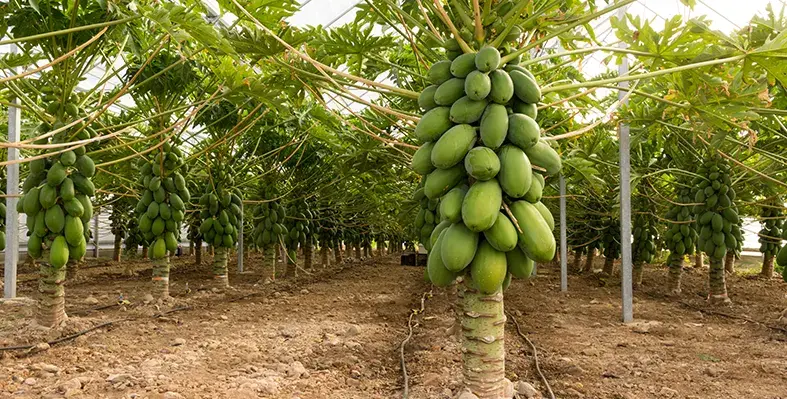In Kenya’s rural heartlands, a group of creative students is transforming everyday farm waste into an affordable and environmentally friendly fuel source
At Kilembwa Secondary School in Mwala Sub-County, Machakos County, students have successfully developed briquettes made from cow dung, offering rural farmers and households a sustainable alternative for clean cooking.
Across many farming communities, cow dung has long been used as a fuel booster when mixed with firewood. However, this traditional practice releases heavy smoke and harmful emissions, affecting both human health and the environment. The young innovators decided to explore a smarter use of this common farm by-product. Their method involves mixing cow dung with water to form a paste, adding sawdust or dry grass to improve air circulation, shaping the mixture into briquettes, and leaving them to dry in the sun for two to three days before use.
From an agricultural point of view, this simple yet effective idea gives new value to waste generated on farms. Instead of allowing dung to accumulate and create disposal challenges, it is now being converted into a useful resource. The innovation supports sustainable farming, helps cut down on the demand for firewood, and reduces the carbon footprint of rural households.
The students’ eco-briquettes burn cleaner than traditional charcoal, emitting much less smoke and carbon dioxide. As teacher Truphosa Mutua said, “The process of burning the charcoal also releases a lot of smoke and Carbon IV Oxide that damages the environment, and that is why we have come up with this idea to save our trees because we want to be a part of the solution but not the pollution.”
The project was presented during a science exhibition organised by Kenya Connect, where it gained recognition for combining agriculture, waste utilisation, and climate-smart energy practices. For local farmers, the benefits are practical and immediate - less dung to dispose of, lower household fuel expenses, and even the potential for extra income by producing and selling the briquettes.
Looking ahead, the main challenge is scaling production while maintaining quality and raising awareness about the briquettes’ advantages. If adopted widely, this agricultural waste-to-fuel innovation could reshape rural energy use across Kenya and Africa, promoting cleaner cooking, greener farms, and a more sustainable agricultural future.









